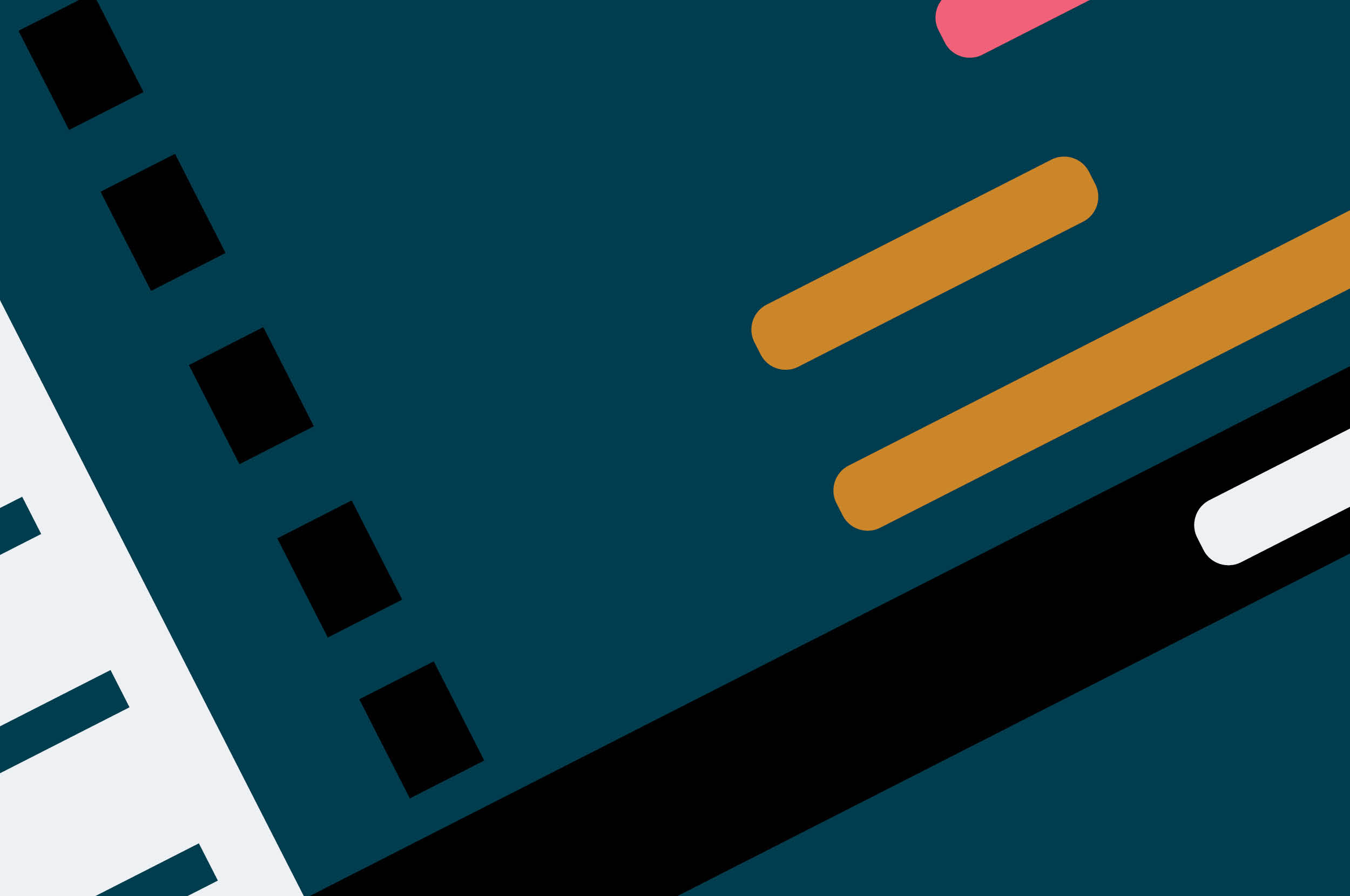Diversity, equity and inclusion
8 best practices for mental health and emotional wellness at work




Disclaimer: The statements and opinions expressed in this article are those of the author(s) and do not necessarily reflect the positions of Thoughtworks.



